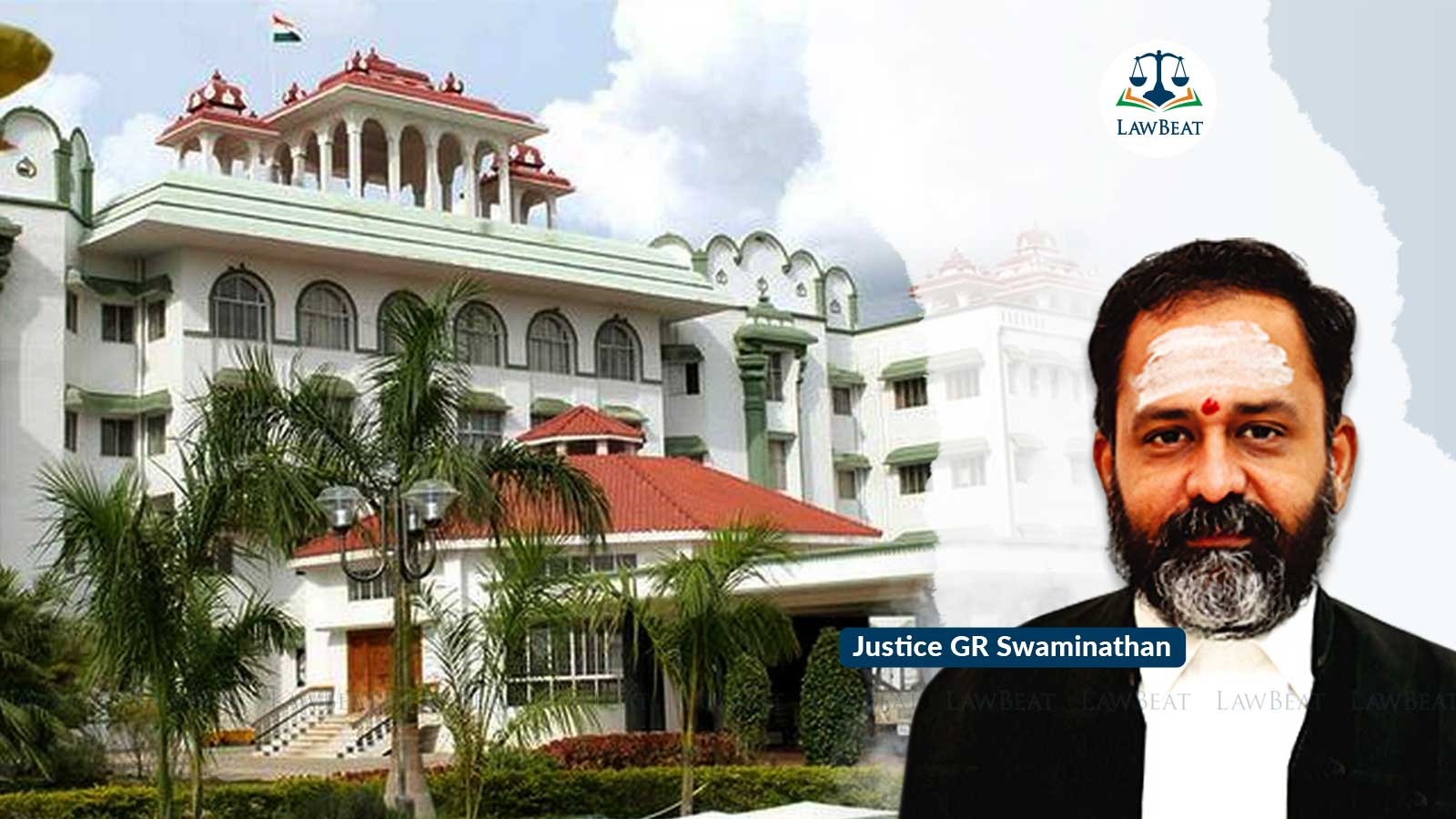Madras HC directs Centre, TN Govt to Treat Sri Lankan Repatriate as Citizen

As per the treaties between India and Sri Lanka, India is obligated to repatriate not less than six lakhs of Indian Origin Tamils from Sri Lanka and grant them citizenship, court noted
The Madras High Court recently directed the Government of India to treat a Sri Lankan repatriate man and his family as Indian Citizens and avail them the relief measures announced by the Government of Tamil Nadu for Sri Lankan repatriates.
The bench of Justice GR Swaminathan observed that as per the agreements between India and Sri Lanka, in 1974, India was obliged to repatriate not less than six lakhs of persons of Indian origin from Sri Lanka and grant them citizenship, however, as on date, citizenship has been conferred only on 4,61,639 IOTs (Indian Origin Tamils).
"India will have to confer citizenship on not less than 1,37,000 Indian Origin Tamils. The figures presently available indicate that there are around 5,130 individual applicants belonging to IOT category seeking Indian citizenship. Even if all of them are granted Indian citizenship, India would still not have fulfilled its treaty obligations," highlighted the bench.
Court noted that the petitioner before it, namely T Ganesan, came to India 33 years ago and now had grandchildren in India.
“Article 51 of the Indian Constitution mandates that the State shall endeavour to foster respect for treaty obligations in the dealings of organised people with one another”, said the bench while mandating the Union and the State Governments to acknowledge the petitioner's status as Indian citizen.
The petitioner, at present, lives at Irumboothipatty Sri Lankan Refugee Camp in Karur District. He had reached India in the year 1990 following the intensification of hostilities between the Sri Lankan Army and LTTE.
In 2021, he moved the high court seeking direction to the Union and the State Governments to confer Indian Citizenship on him and his family with the relief package applicable for the repatriates.
His case was that he was an Indian Citizen and sought confirmation of the same from the Government, however, since the authorities treated him only as a Sri Lankan refugee, he filed moved the high court for appropriate relief.
The said writ petition was disposed of with a direction to the Government of India to consider his representation. In pursuance of the same, the Centre’s Ministry of Home Affairs passed an order stating that the documents placed by the petitioner before it were not sufficient to prove that he was an Indian Citizen.
Challenging Home Ministry’s this decision, the petitioner approached the high court again.
The high court noted that meanwhile the proceedings in the present writ petition, the petitioner had already been registered as a citizen and the only issue remaining for consideration was acknowledgment of the same by the government.
Further, court pointed out that the genuineness of the Indian passport produced by the petitioner was questioned by the Government of India.
“Since it has a duly crossed photograph of the petitioner, it is not open to the Government of India to lob the burden of proof at the petitioner,” said the court while stressing that issuance of the passport had not been denied by the government.
"Issuance of passport is a sovereign act. When the genuineness of the passport is not in doubt, the exercise of matching the photograph found therein with the claimant has to be undertaken only by the authority concerned. This burden cannot be shifted to the applicant," said the bench.
Therefore, while referring to the three agreements between the Government of India and the Government of Sri Lanka regarding the status and future of persons of Indian origin in Sri Lanka, court asked the government to recognise the petitioner's status as Indian citizen.
"He is also entitled to the rehabilitatory measures announced by the Government for Sri Lankan repatriates. Only if such assistance is extended to the petitioner and his family, he can seamlessly integrate into the mainstream," court added.
Case Title: T. Ganesan v. The Government of India and Others
